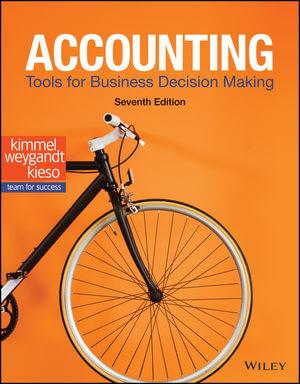Question
Sam Strother and Shawna Tibbs are vice presidents of Mutual of Seattle Insurance Company and co-directors of the company's pension fund management division. An important
Sam Strother and Shawna Tibbs are vice presidents of Mutual of Seattle Insurance Company and co-directors of the company's pension fund management division. An important new client, the North-Western Municipal Alliance, has requested that Mutual of Seattle present an investment seminar to the mayors of the represented cities, and Strother and Tibbs, who will make the actual presentation, answer the following questions.
a. What are the key features of a bond?
b. What are call provisions and sinking fund provisions? Do these provisions make bonds more or less risky?
c. How does one determine the value of any asset whose value is based on expected future cash flows?
d. How is the value of a bond determined? What is the value of a 10-year, $1,000 par value bond with a 10% annual coupon if its required rate of return is 10%?
- (1) What would be the value of the bond described in Part d if, just after it had been issued, the expected inflation rate rose by 3 percentage points, causing investors to require a 13% return? Would we now have a discount or a premium bond?
- (2) What would happen to the bond's value if inflation fell anddeclined to 7%? Would we now have a premium or a discount bond?
- (3) What would happen to the value of the 10-year bond over time if the required rate of return remained at 13%? If it remained at 7%? (Hint:With a financial calculator, enter PMT, I/YR, FV, and N, and then change N to see what happens to the PV as the bond approaches maturity.)
f.
- (1) What would be the value of the bond described in Part d if, just after it had been issued, the expected inflation rate rose by 3 percentage points, causing investors to require a 13% return? Would we now have a discount or a premium bond?
- (2) What would happen to the bond's value if inflation fell anddeclined to 7%? Would we now have a premium or a discount bond?
- (3) What would happen to the value of the 10-year bond over time if the required rate of return remained at 13%? If it remained at 7%? (Hint:With a financial calculator, enter PMT, I/YR, FV, and N, and then change N to see what happens to the PV as the bond approaches maturity.)
Step by Step Solution
There are 3 Steps involved in it
Step: 1

Get Instant Access to Expert-Tailored Solutions
See step-by-step solutions with expert insights and AI powered tools for academic success
Step: 2

Step: 3

Ace Your Homework with AI
Get the answers you need in no time with our AI-driven, step-by-step assistance
Get Started


